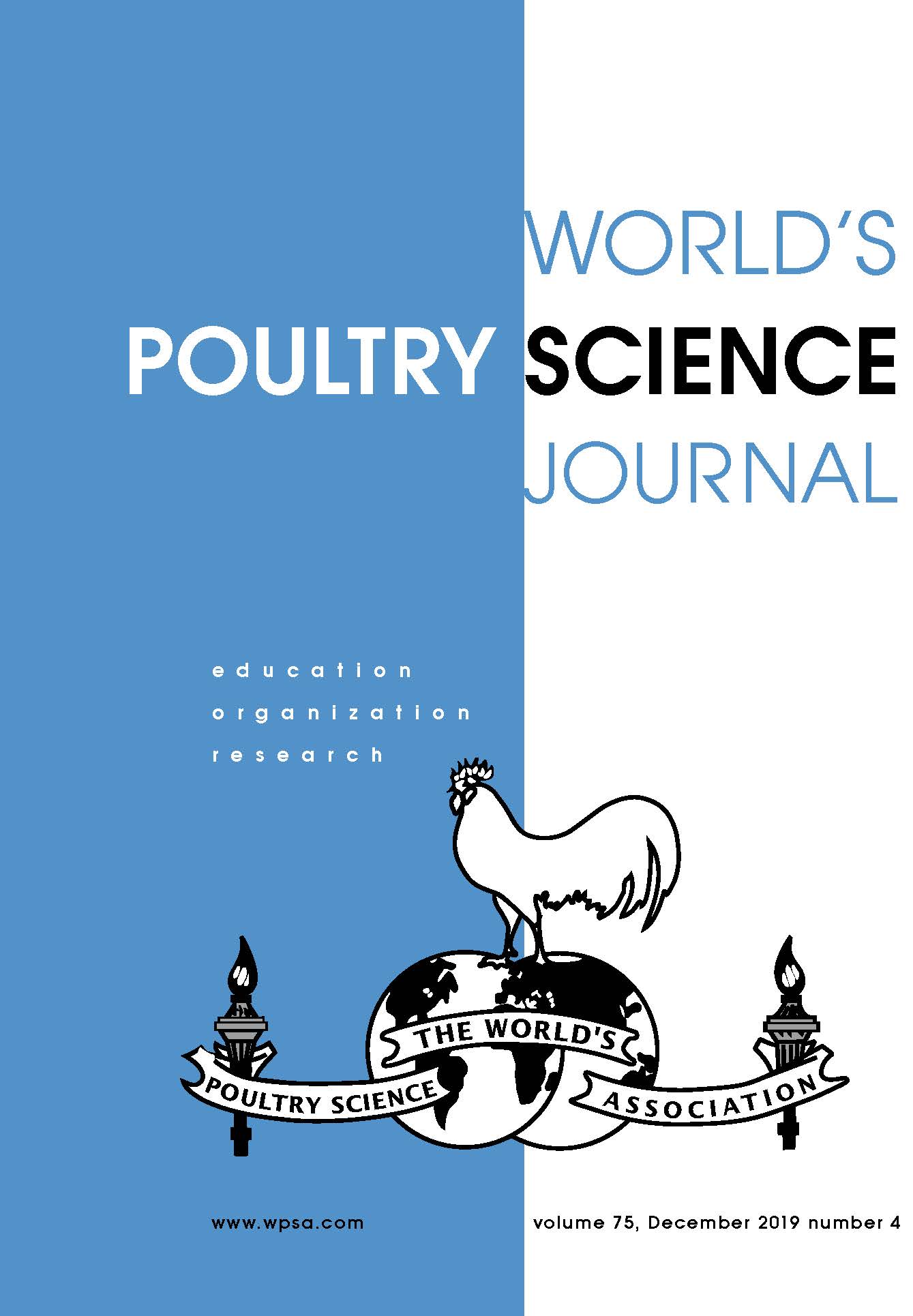Article contents
The changing role of agriculture in Europe and how it affects poultry education and technology transfer
Published online by Cambridge University Press: 25 June 2007
Abstract
European agriculture – its economic significance, its social status, its political weight, its technological level – has undergone considerable changes over the past decades. Indeed, these changes will also continue in the coming years. Accordingly, the knowledge, expertise and education base underpinning agriculture as an industrial and societal activity has to follow these changes by adapting its science base, its priorities, its organization and its way of operation. This paper seeks to present a bird's eye view of the developments in European agricultural research and education structure and will try to formulate the paradigms of a new concept of the notion ‘agricultural knowledge and expertise base’: As from the end of World War II the European industry and society developed gradually from a more or less regulated situation into a virtually completely open industrial market and civil society. And within that context, the agri-food industry developed from a mainstay of European economy into just one stakeholder in a whole complex of rural economy. Accordingly the agricultural research and education and knowledge system is developing from a homogeneous, oligo-disciplinary, institutional and monopolistic system into a heterogeneous, poly-disciplinary and virtual system.
- Type
- Review Article
- Information
- Copyright
- Copyright © World's Poultry Science Association 2007
- 4
- Cited by




